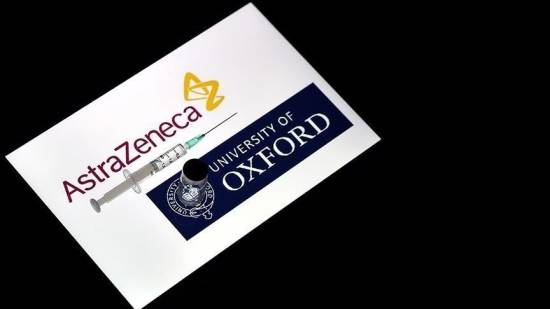Although several more countries have suspended AstraZeneca vaccines' use as a precautionary measure, it does not necessarily mean these events are linked to vaccination, the World Health Organization (WHO) head said Monday.
"Several more countries have suspended the use of AstraZeneca vaccines as a precautionary measure, after reports of blood clots in people who had received the vaccine from two batches produced in Europe," said WHO director-general Tedros Gebreyesus.
"This does not necessarily mean these events are linked to vaccination, but it's routine practice to investigate them, and it shows that the surveillance system works and that effective controls are in place," he said, speaking at a twice-weekly WHO webinar.
European countries, including Germany, France, Ireland, Italy, the Netherlands, Denmark, and Norway, have suspended the use of AstraZeneca in recent weeks after reports of people developing blood clots after receiving the jab.
Tedros said the WHO's Advisory Committee on Vaccine Safety has been reviewing the available data and is in close contact with the European Medicines Agency and will meet Tuesday.
WHO's chief scientist Soumya Swaminathan said: "We would, for the time being, recommend that countries continue vaccinating with AstraZeneca."
She said the vaccines have been in use for a few months now, and even though they are so rapidly scaled up, 300 million people already have received at least one dose.
Swaminathan noted that 2.6 million people have died of COVID-19, but after all those vaccination doses had been given to people across the world using different vaccines, "there is no documented death that's been linked to a COVID vaccine."
She said there is naturally the need "to continue to be very closely monitoring this," but said, "we do not want people to panic."
Tedros said that the greatest threat that most countries face now is a lack of access to vaccines.
"Almost every day, I receive calls from senior political leaders around the world, asking when their country will receive their vaccines through COVAX," said the WHO chief, referring to the WHO-led process through its partners to ensure an equitable distribution of jabs globally.
"Some of them are frustrated, and I understand why. They see some of the world's richest countries buying enough vaccines to immunize their populations several times over, while their own countries have nothing."/agencies


